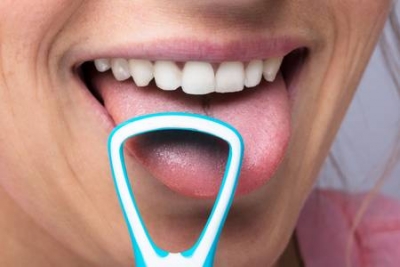
Struggling with bad breath? You’re not alone.
Bruxism is the involuntary grinding, clenching, and gnashing of the teeth. It can cause issues with your teeth and jaw. This condition usually affects people when they are sleeping, however, it can also happen when you are awake.

Ever wake up with a sore jaw or a headache that just won’t quit? You might be clenching your jaw or grinding your teeth in your sleep, a condition known as bruxism.
It’s estimated that 10% of Australians experience unconscious jaw clenching usually during sleep, but it can also happen during the day.
Many people don’t even realise they’re doing it until a partner hears the grinding or they start experiencing painful symptoms. If left unchecked, jaw clenching can wear down your teeth and cause significant damage to both teeth and jaw joints.
If you regularly clench your jaw or grind your teeth, here are some common symptoms you may experience:
Jaw clenching often leads to a dull, persistent headache due to the constant tension in the muscles around the jaw and temples. This tension can also cause pain in the jaw right up to the ears, making it uncomfortable to chew or even yawn.
The repetitive grinding and clenching motion can strain the muscles and joints in your jaw, making them sore and tender. This soreness is often most noticeable when eating or talking, as these movements further engage jaw muscles that are already overworked.
Many people who experience unconscious jaw clenching wake up with aching or stiffness in their face and temples. This stiffness is a result of overnight grinding, which keeps the facial muscles tensed and fatigued.
Perhaps it’s something you’ve learned to live with, but jaw clenching and teeth grinding can have long-term effects on your dental health if untreated, such as:
Waking up with aching teeth is a common sign of jaw clenching, because grinding at night puts excessive pressure on the teeth. This pressure can cause soreness that lingers throughout the day, making it uncomfortable to talk or eat.
The repeated clenching and grinding action can wear away the enamel on your teeth, making your teeth feel more sensitive over time. This sensitivity can make your teeth react painfully to hot, cold, or sweet foods and drinks.
Jaw clenching can cause microscopic cracks and chips in the tooth enamel due to the excessive force applied as your jaw clenches and teeth grind together. These small cracks can accumulate over time, compromising the structural integrity of your teeth.
In severe cases, the pressure from grinding can lead to more significant damage, such as fractures or chips in the teeth. This can also cause your teeth to become loose, which may eventually require dental intervention to fix.
Fillings can also suffer from the effects of jaw clenching, as the same forces that damage teeth can crack or break them. This can lead to the need for frequent dental repairs and replacements, highlighting the impact of jaw clenching on overall dental health.
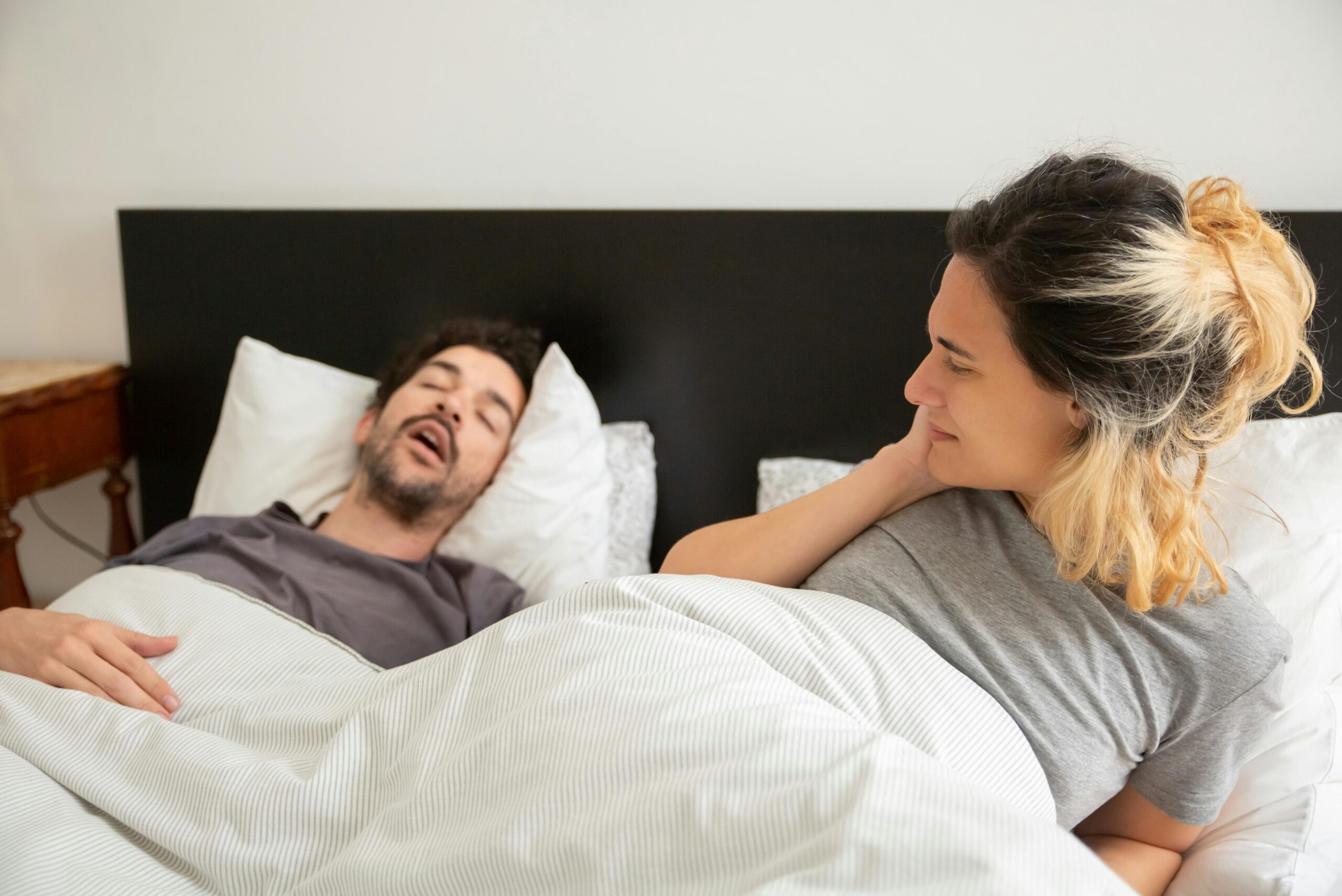
Jaw clenching or teeth grinding can be triggered by various factors but it’s most commonly linked to stress and anxiety.
People who experience stress on a daily basis can sometimes clench their jaws without even realising it or grind their teeth unconsciously at night. Snoring or sleep apnea is another common culprit, as our bodies might respond to disrupted sleep by grinding teeth.
Some medications, especially antidepressants, can also cause this as a side effect. Knowing what triggers your jaw clenching can help you manage it or and reduce it.
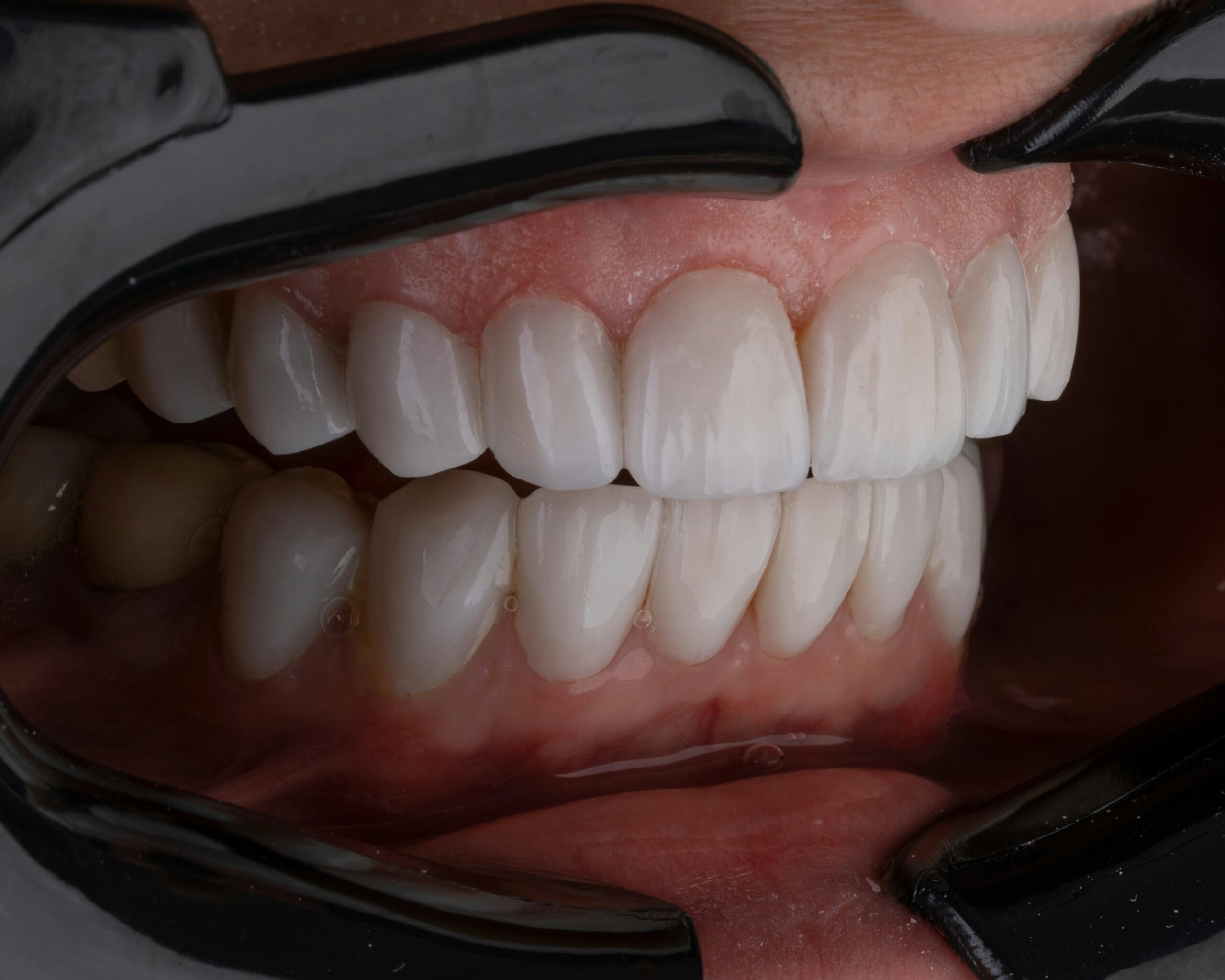
While there is no cure to completely stop involuntary jaw clenching or teeth grinding, there are ways to manage it or reduce the impact it has on your dental health.
Here are some areas you can look into where relevant:
Managing stress and anxiety is crucial for reducing jaw clenching and teeth grinding. Techniques such as mindfulness meditation, deep breathing exercises, yoga, and regular physical activity can help alleviate tension. Additionally, seeking support from a therapist or counsellor can provide strategies to manage anxiety and stress more effectively, which in turn can reduce the occurrence of bruxism.
Occlusal splints or mouthguards to wear at night (also known as nightguards), are custom-made dental devices designed to protect your teeth from the damage caused by grinding and clenching. Worn at night, these guards create a barrier between the upper and lower teeth, preventing them from grinding against each other. They can also help redistribute the force exerted by clenching, reducing strain on the jaw muscles and joints.
If misaligned teeth or an improper bite are contributing to teeth grinding, dental correction may be necessary. This can involve procedures such as reshaping the chewing surfaces of the teeth, orthodontic treatments like braces, or the use of dental crowns and bridges to correct the alignment. By ensuring your teeth fit together properly, dental corrections can help alleviate the stress that leads to clenching and grinding.
In some cases, medications may be prescribed to help manage bruxism. Muscle relaxants can be taken before bedtime to reduce muscle tension and prevent clenching during sleep. If anxiety or stress is a significant factor, anti-anxiety medications or antidepressants might be recommended by a specialist.
Understanding and managing jaw clenching and teeth grinding is crucial for maintaining your dental health and overall well-being.
If you suspect you’re dealing with these issues, don’t wait to seek help. With solutions such as custom mouthguards designed to protect your teeth and reduce discomfort from teeth grinding, you can get back your sleep and peace of mind.
Jaw clenching, teeth grinding, or bruxism, is diagnosed by a dentist through checking for signs of wear on your teeth and tenderness in your jaw muscles. They may also recommend a sleep study to see if it occurs during sleep.
Prevention involves managing stress and anxiety, avoiding stimulants like caffeine and alcohol, and maintaining good sleep hygiene. Wearing a custom night guard also protects your teeth from grinding.
Yes, jaw clenching is common in children, especially during sleep, but many outgrow it. Consult a dentist if your child grinds their teeth or complains of related discomfort.
See a dentist if you have persistent jaw pain, headaches, or worn teeth, or if your partner hears you grinding your teeth at night. Early intervention can prevent serious dental issues and relieve discomfort.
Yes, jaw clenching can be linked to sleep apnea, anxiety disorders, and temporomandibular joint (TMJ) disorders. Addressing these underlying conditions can help manage bruxism.
A nightguard creates a barrier between your upper and lower teeth to prevent grinding and protect your teeth. It also reduces muscle strain, leading to less jaw pain and fewer headaches. Making a custom nightguard is best for your overall comfort and dental health.
An occlusal splint treats TMJ disorders and severe jaw clenching by aligning the jaw, while a night guard mainly prevents teeth grinding during sleep. Both protect your teeth, but occlusal splints also address jaw alignment.
Yes, gentle jaw stretches, massages, and good posture can help relax and strengthen your jaw muscles. Relaxation techniques like deep breathing and mindfulness can also reduce muscle tension and stress.
Author Summary – Dr Chitra Rao

Dr. Chitra Rao has over a decade of experience in dentistry, specifically in the field of cosmetic and orthodontic treatments. Dedicated to achieving optimal results, she takes a detailed and personalised approach to creating beautiful, confident smiles for her patients. Outside of dentistry, Dr. Chitra enjoys staying active, traveling, and spending time with her family.

Struggling with bad breath? You’re not alone.
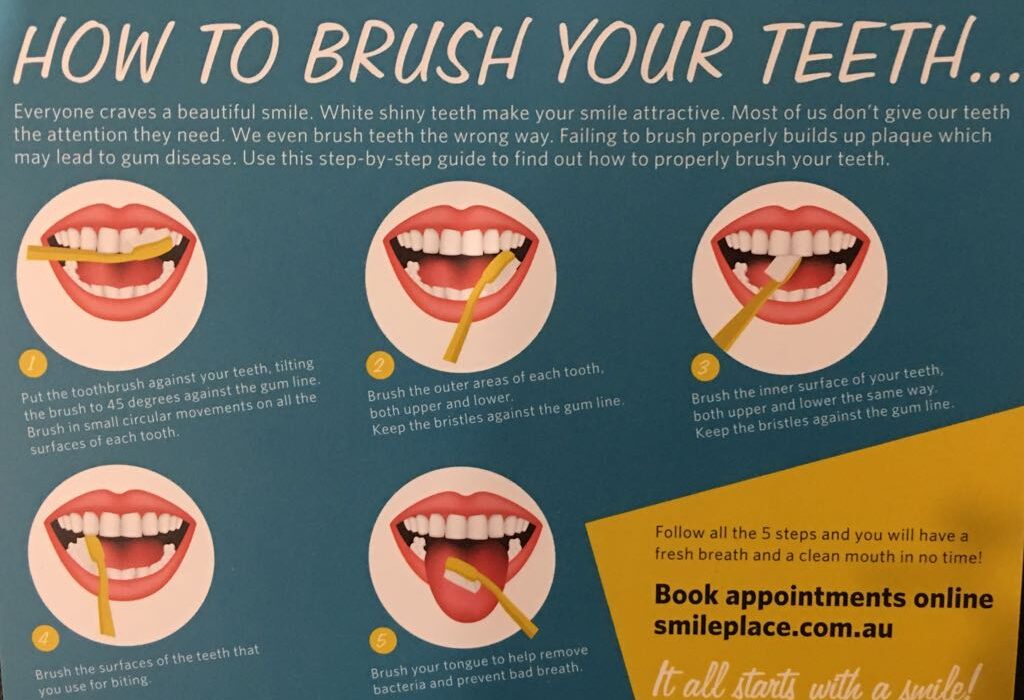
Keep it clean, keep it bright with these simple tips.
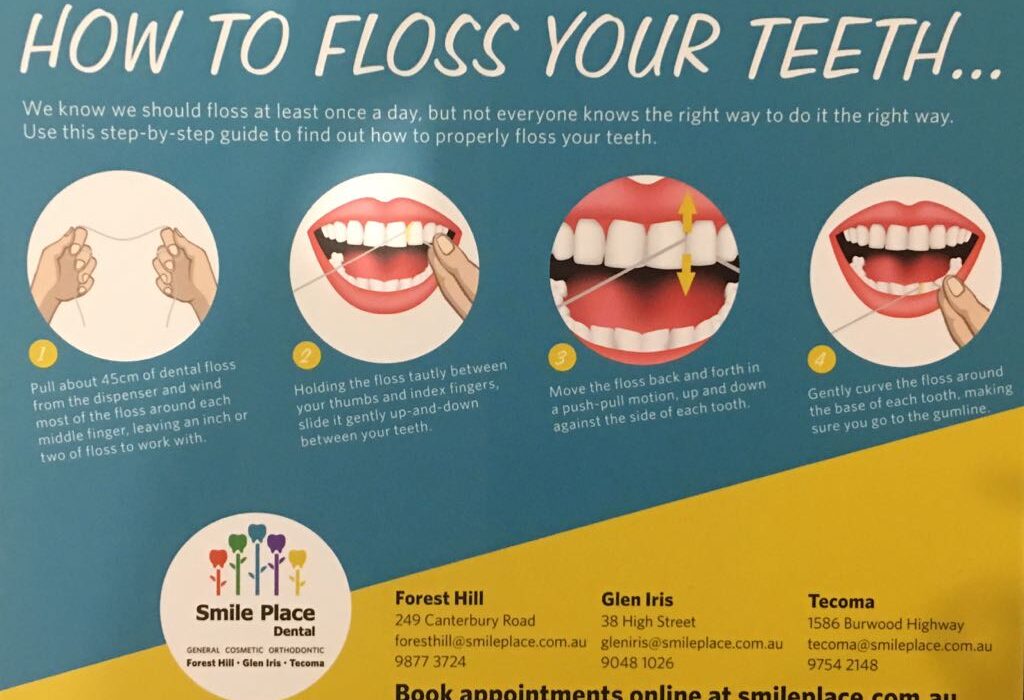
Do you brush twice a day, use a mouthwash, and still struggle with bad breath or surprise cavities? If so, the problem may be caused by inconsistent flossing. Most people skip flossing and those who do floss, often don’t do it right, leaving behind plaque and food debris. The good news? Flossing properly takes just […]